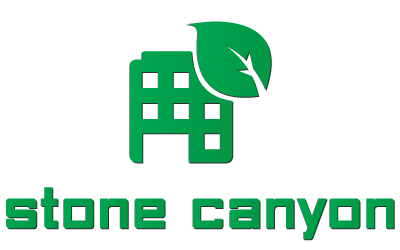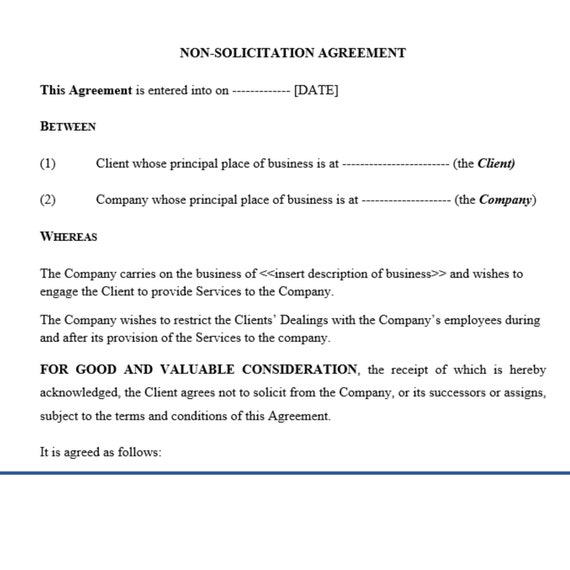
Companies can benefit from disaster recovery services in the event that an emergency occurs. They can set up an office space off-site, provide a hot disaster recovery location, and replicate their primary site's IT infrastructure and applications. They can also do risk assessments, determine acceptable recovery objectives, and inventory IT assets. A disaster recovery planning service can be used to assist companies with developing procedures, documentation and checklists in order to recover from disaster.
Here are some considerations when developing a disaster relief plan
You should take into account several factors when creating a disaster plan. A disaster recovery plan must be reviewed and tested regularly. Furthermore, disaster recovery plans should contain all necessary contact information, such as key vendors, government agencies, and staff.
To safeguard their operations against natural disasters, companies should form a recovery group and develop a disaster recovery plan. The plan should clearly state what is at risk and detail the procedures to be taken in the event of a catastrophe. The plan should identify and describe the critical applications, as well the backup procedures. You may need to include additional procedures depending on your organization. It is essential that the plan be followed up and implemented. Regular testing should also be done to verify its effectiveness.

Benefits of disaster recovery as a service
Disaster recovery as an option can be a quick and cost-effective way to recover your data in the event of a natural disaster. By placing your data in a cloud computing environment from a third party, you can quickly recover your data instead of waiting days or weeks. This can help you prevent costly downtime and lower your costs.
A cloud-based disaster management solution allows you quickly and easily to deploy the systems needed across your network. Additionally, it seamlessly integrates into your business continuity plans. Cloud-based solutions are great for disaster recovery because they offer flexibility and scalability. Cloud-based solutions can be switched to before disaster strikes. This can help ensure that your data remains safe and available at all times.
Assisted DRaaS
An important part of your business continuity strategy is the assistance in disaster recovery planning. These services can be used to assist organizations with the restoration of critical IT assets in the case of a disaster. These services also offer other benefits, including the ability to recover data quickly and applications. These services are usually offered as a managed service. This means that you don't have the responsibility of maintaining your own recovery infrastructure.
Disaster recovery planning services may be able to help you develop a plan but they don't fit all businesses. Because every company's needs and workload is unique, this is why disaster recovery planning services are not a one-size-fits all solution. Before you make a decision on a provider to use, you should ask yourself two questions. You must first determine if a disaster recovery provider is trustworthy and reliable. For those who aren't sure about a service provider's reliability, it is worth looking at testimonials and conducting internal tests to gauge their performance.

Outsourced vs. in-house disaster recovery planning
When considering disaster recovery planning, many organizations are torn between hiring an in-house DRBC team and contracting out the work to a third-party disaster recovery planning company. Both can have their benefits, but there are some important differences. In-house DRBC teams typically have more in-house experience and are therefore more likely to deliver better results than an outsourced team. Furthermore, they tend to be more flexible and have lower startup costs.
There is also a cost difference between outsourcing and in-house disaster recovery services. A disaster plan created in-house can help you save money, but it can also consume valuable time and leave your company vulnerable to ransomware or other issues. Additionally, your team will be burdened with troubleshooting, which can result in wasted time and resources. An outsourced disaster response team can deal with problems quickly, and with minimal effort.
FAQ
What qualifications are required to become a consultant?
You don't just need to have a MBA, you also need to demonstrate your ability as a business consultant. Two years experience should be gained in consulting or training for a major corporation.
You must have worked closely with senior management teams on strategy development projects. This would require you to be comfortable with presenting ideas and getting buy in from clients.
A professional qualification exam, such as the Certified Management Consultant (CMC), of the Chartered Management Institute (CMI), is also required.
How do I start a LLC consulting business?
First, you must decide what your goals are as a service provider. Then, make sure that you are qualified for these services. You might find someone who does the same thing you are interested in and learn from them.
Once you know your product/service, you should start looking for the right market. If they don't exist, you might have to make them.
Then you need to decide whether you want to go into business for yourself or hire others to do it for you.
A license from the state could be required to start your own consulting business. However, this can take some time and require legal fees.
Are you a consultant?
Consulting is more than a job that allows you to quickly make money.
Consulting can offer many career opportunities, such as project management and business development. There are many projects you could be involved in, from small start-ups all the way up to large-scale multinational corporations.
You can develop your skills and gain experience in a variety of industries by consulting. This could involve learning to manage and negotiate teams, write proposals or manage budgets.
How long does it usually take to become an expert consultant?
The amount of time needed depends on your industry and background. Most people begin their journey with less than a month before finding work.
Some consultants work for years to perfect their skills, before being hired.
What does it mean to be a consultant?
A consultant is someone who provides services for other people. It's more than just a job title. This role allows you to help others achieve their dreams. This is done by helping others understand their options and making the right decisions.
Consultants are experts at finding solutions to problems and challenges that arise when working on projects. They offer guidance and advice about how to implement such solutions.
Consulting should be able answer any questions related to technology, finance, law and management.
Statistics
- Over 62% of consultants were dissatisfied with their former jobs before starting their consulting business. (consultingsuccess.com)
- So, if you help your clients increase their sales by 33%, then use a word like “revolution” instead of “increase.” (consultingsuccess.com)
- Over 50% of consultants get their first consulting client through a referral from their network. (consultingsuccess.com)
- According to IBISWorld, revenues in the consulting industry will exceed $261 billion in 2020. (nerdwallet.com)
- On average, your program increases the sales team's performance by 33%. (consultingsuccess.com)
External Links
How To
How do you find the best consultant?
First, ask yourself what kind of consultant you are looking for. Before you begin looking for a consultant, it is important to know what your expectations are. Before you start looking for a consultant, make a list. This could include things like; professional expertise, technical skills, project management ability, communication skills, availability, etc. Once you've listed out these requirements, then you may want to consider asking some friends or colleagues who they would recommend. Ask them if they had any bad experiences with consultants previously and see how their recommendations compare with yours. If you don't have any recommendations, try doing some research online. There are many websites that allow users to leave feedback about their previous work experiences, such as LinkedIn and Facebook, Angie's List or Indeed. Look at the ratings and comments left by others and use this data as a starting point for finding potential candidates. Once you have narrowed down your list, reach out to potential candidates and set up an interview. During the interview, you should talk through your requirements and ask them to explain how they can help you achieve those goals. It doesn’t matter if the person was recommended to you; it matters that they understand your business goals, and can show you how they can help.